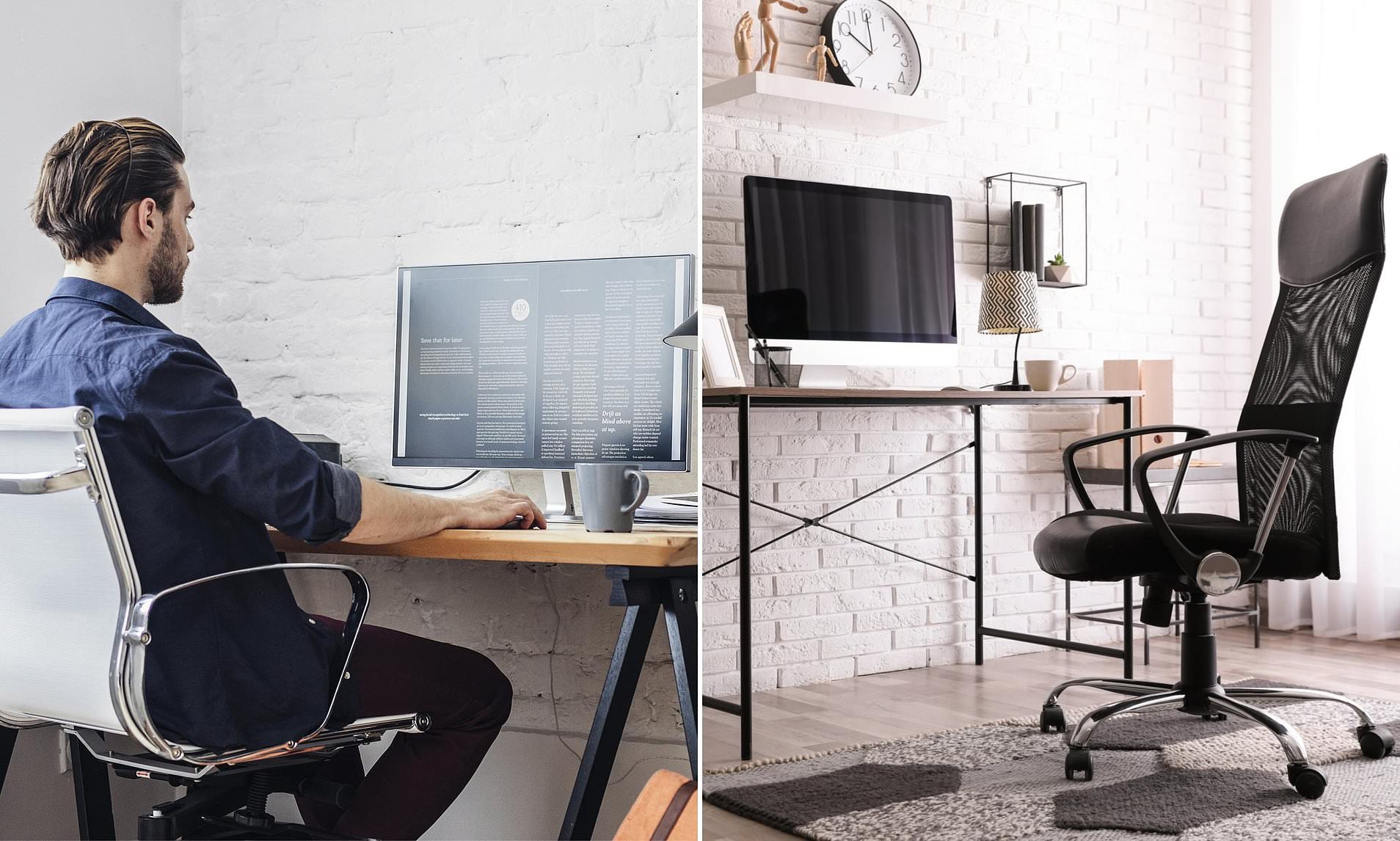
Rising Costs of Remote Work in the Public Sector
Whitehall departments, quangos, and the NHS have spent nearly £1.3 million of taxpayers' money on 'work from home' equipment over the past year. This figure highlights a growing trend in public sector spending, with desks, office chairs, and IT equipment being purchased to support hybrid working arrangements that were introduced during the pandemic.
Recent reports reveal that many public sector workers continue to benefit from these flexible work options, even as concerns about productivity and efficiency grow. The situation has sparked debate about whether such spending is justified or if it represents a misuse of public funds.
Office Attendance Trends
Office attendance across all ministries has declined, with figures showing a drop from 75% in March to 72% in June. The most significant decrease was recorded at the Cabinet Office. This decline has led to criticism, particularly after Labour faced accusations of not effectively ending the work-from-home culture in the public sector.
In response, South Cambridgeshire District Council recently allowed staff to work just four days a week. However, Housing Secretary Steve Reed has since ordered South Cambridgeshire District Council staff to return to working five days a week.
Specific Examples of Spending
Several organizations have allocated substantial sums for remote work equipment. For instance, the Department for Health and Social Care awarded a £386,380 contract in January for home working equipment, including monitors, keyboards, desks, and chairs.
Companies House, which manages business records, set aside £250,000 in May to cover courier costs for delivering IT equipment and work-from-home items directly to employees’ homes. Similarly, the Insolvency Service planned to spend £100,000 on furniture for home workers, while the Land Registry agreed to allocate up to £470,000 for similar purposes.
Leicestershire County Council will spend up to £50,000 on chairs for home use, and United Lincolnshire Teaching Hospitals NHS Trust has reserved £33,000 for radiographers to read scans from home.
Justifications and Responses
Organizations have provided various justifications for their spending. The United Lincolnshire Teaching Hospitals NHS Trust emphasized that it operates across multiple sites and requires a robust digital infrastructure to support teams working from different locations. They also highlighted the need for resilience against external factors like extreme weather or pandemics.
The Land Registry stated that under the terms of its contract, it can purchase home-working equipment when necessary. A government spokesman added that efforts are underway to ensure the civil service remains productive and efficient, with a focus on challenging any spending that does not meet these standards.
Ongoing Debate
The debate around remote work continues to intensify. Questions are being raised about whether remote work truly boosts productivity and job satisfaction within Whitehall or if it is simply a costly luxury for civil servants. Critics argue that the government is investing millions in work-from-home perks while neglecting office-based efficiency.
Additionally, there is scrutiny over why the work-from-home trend is increasing under Labour, despite their previous promises of reform. Some suggest that this shift could be a major obstacle in Rachel Reeves's efforts to combat public sector waste and inefficiency.
As the discussion unfolds, the challenge remains to balance the benefits of flexible working with the responsibility of managing public funds wisely.

Post a Comment